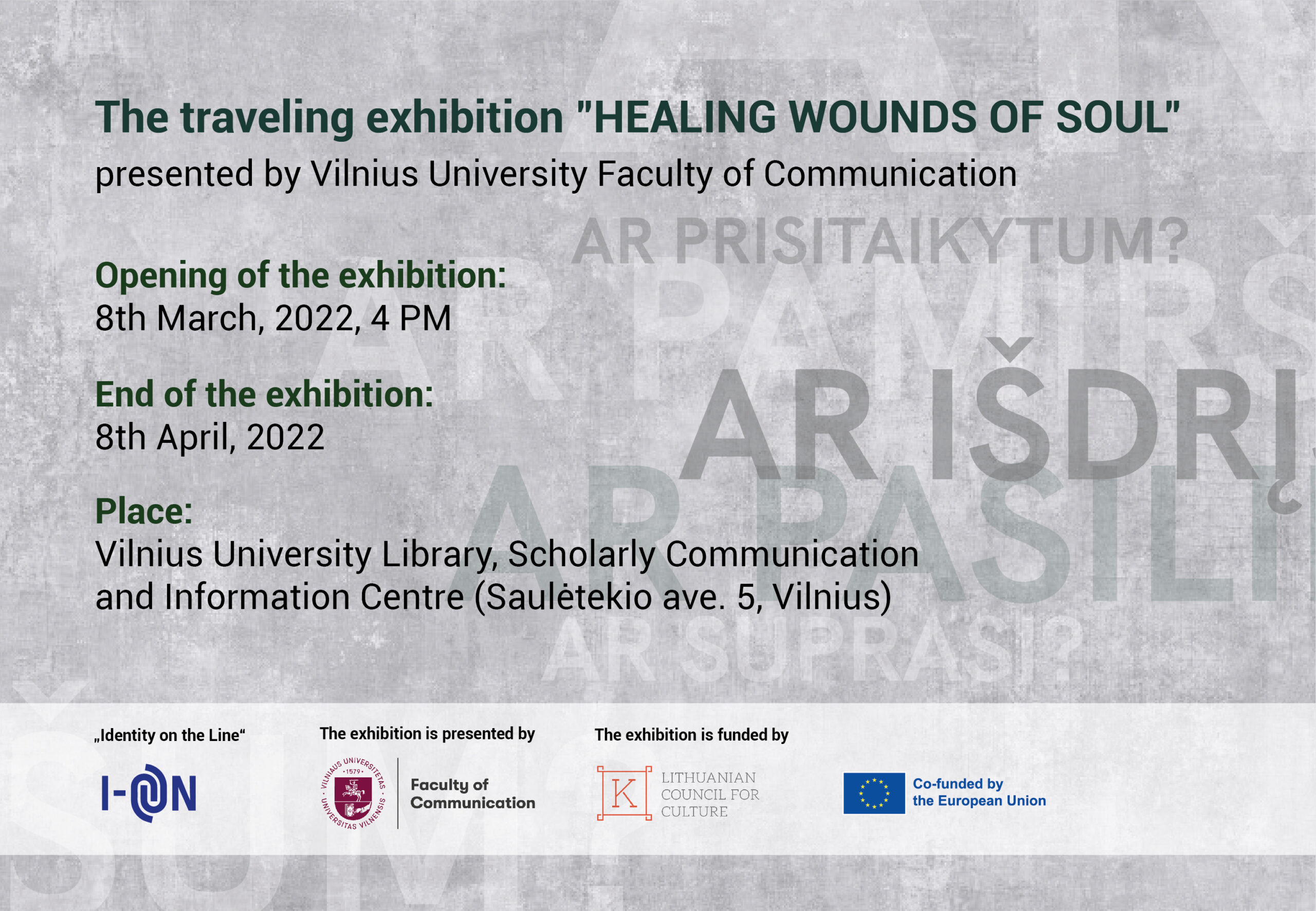The University of Vilnius studied the migration process related to the Lithuanian Jews and Poles forced to leave the country. Totalitarian regime and anti-Semitic policy of the Soviet Union after the war, persecutions, public intolerance especially towards Jewish who remained alive in Vilnius, Kaunas, Šiauliai, and a number of smaller towns. Many of them herded into the ghettos in the second half of 1941 and endured terrible conditions of imprisonment.
After Nazi Germany’s attack on Poland on 1 September 1939, Vilnius became a site of refuge in Eastern Europe and in 1939–1940 offered temporary shelter to over 30,000 Polish refugees (among them more than 11,000 Jews). Despite Vilnius’s size – with a population of around 210,000 in the pre-war period – the flood of refugees proved a challenge. There the existing Jewish infrastructure of the city granted Jewish refugees unprecedented aid for migrant life in the shadow of the incipient Holocaust in Poland.
The project at the University of Vilnius is cofounded by the Lithuanian Council of Culture.

The exhibition ‘Healing Wounds of Soul’ prepared by the Faculty of Communication of Vilnius University reveals the dilemmas faced by the young women, the youth, and young girls seeking to survive in the brutal conditions of World War II and the Holocaust. The testimonies of the survivors, their daughters, and grandchildren reveal that wounds of the soul remain open even in several generations of the family, and if the traumatic experiences are kept secret in silence, it is felt as if the salt is being poured on the wounds, preventing them from healing. Daughters and grandchildren of women who have experienced traumatic experiences are reluctant to talk about past events.
The stories of women provided in the exposition, and their most painful experiences revealed to the world, paved the way to reconciliation and healing the wounds of the soul. Stories that were kept secret for decades trigger emotions, and only human solidarity and empathy help to understand them.
The Faculty of Communication presented the results of the international large-scale cooperation project “Identity on the Line” to students and faculty staff.
The first part of the event was dedicated to presenting the results of the local research by visiting the traveling exhibition “Healing Wounds of Soul” with the curator Neringa Latvyte. The exhibition talks about the silent memories of the women Holocaust survivors and the transmission of traumatic memories within the families. Unspoken past leaves wounds in the soul and only open and empathic dialog has great potential for the healing process.
The second part of the event offered for the participants to watch the movie “Identity on the Line”. The film is based on research that aimed to collect and facilitate sensitivity and silence for decades of personal narratives.